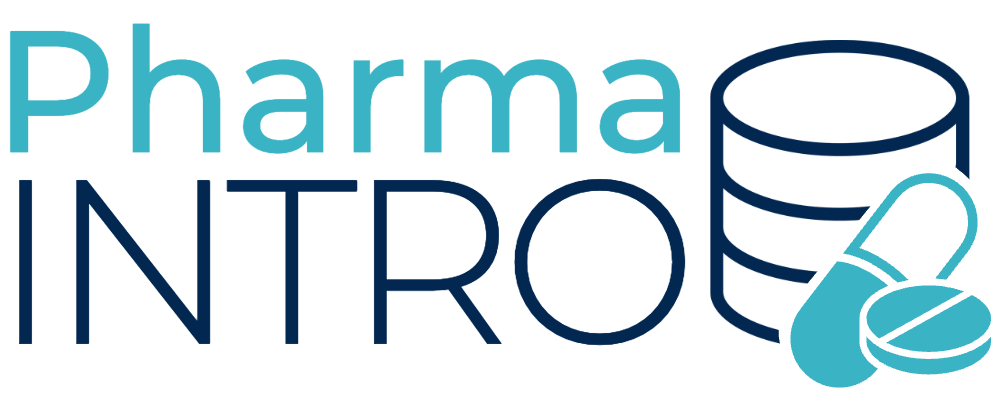In recent years, there has been a growing interest in personalized medicine, which aims to provide customized treatment plans based on an individual’s genetic makeup, lifestyle, and other factors. Analytics plays a critical role in this process by helping healthcare providers to identify the most effective treatments for each patient. In this blog post, we will explore the impact of analytics on personalized medicine and patient outcomes.
What is personalized medicine? Personalized medicine involves tailoring medical treatments to the individual characteristics of each patient. This approach recognizes that each patient is unique, and the most effective treatment for one patient may not be the best for another. Personalized medicine involves using a range of data sources, including genetic information, medical history, and lifestyle factors, to develop customized treatment plans.
How does analytics support personalized medicine? Analytics plays a key role in personalized medicine by analyzing large amounts of data to identify patterns and develop personalized treatment plans. Here are some ways in which analytics is being used to support personalized medicine:
- Genomic analysis: Analytics is used to analyze a patient’s genetic data and identify genetic mutations that may be linked to disease. This information is used to develop personalized treatment plans that target these mutations.
- Predictive modeling: Analytics can be used to develop predictive models that identify patients at high risk of developing certain diseases. This information can be used to develop personalized prevention strategies or to monitor these patients more closely.
- Treatment optimization: Analytics is used to analyze patient data and identify the most effective treatment options for each patient. This includes analyzing data on treatment outcomes, adverse effects, and other factors to develop personalized treatment plans.
- Clinical decision support: Analytics can be used to provide real-time clinical decision support to healthcare providers, helping them to make more informed decisions about patient care.
Impact of analytics on personalized medicine and patient outcomes The use of analytics in personalized medicine has already had a significant impact on patient outcomes. Here are some of the key ways in which analytics is improving patient outcomes:
- Precision: Analytics helps healthcare providers to develop more precise treatment plans that are tailored to each patient’s unique needs. This leads to more effective treatments and better patient outcomes.
- Efficiency: Analytics helps to streamline the treatment process, reducing the time and cost required to develop personalized treatment plans.
- Prevention: Analytics helps to identify patients at high risk of developing certain diseases, allowing healthcare providers to develop personalized prevention strategies.
- Patient engagement: Analytics helps to improve patient engagement by providing patients with personalized treatment plans and empowering them to take an active role in their healthcare.
Conclusion Analytics is playing an increasingly important role in personalized medicine, helping healthcare providers to develop customized treatment plans that improve patient outcomes. As the use of analytics continues to expand in healthcare, we can expect to see further advancements in personalized medicine, leading to better outcomes for patients around the world.

